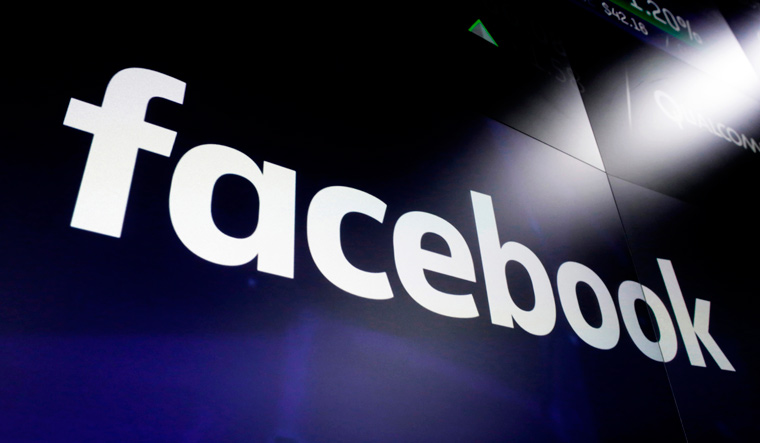With the 2020 US elections set to begin in November 2020, Facebook has already prepared to tackle the newest tool of possible misinformation, one that did not exist at scale in 2016—deepfakes.
These close-to-realistic, doctored clips made using AI and sometimes using neural networks, can fake human motions and characteristics, allowing doctored clips to be made of anyone.
In a move to prevent these, Facebook has banned deepfake videos from its platform ahead of the elections, but users can still use such ‘heavily-edited’ clips provided they are for parody or satirical purpose, the company said on Tuesday.
In a post on Facebook News, the company's vice president Monika Bickert says that they will remove "misleading manipulate media" if it meets the following criteria:
- "It has been edited or synthesized—beyond adjustments for clarity or quality – in ways that aren’t apparent to an average person and would likely mislead someone into thinking that a subject of the video said words that they did not actually say. And:
- It is the product of artificial intelligence or machine learning that merges, replaces or superimposes content onto a video, making it appear to be authentic."
The company added that it had held in September the 'Deep Fake Detection Challenge' in a bid to help grow technique to detect deepfakes using open source tools, and that it had partnered with Reuters to help train newsrooms in detecting deepfakes.
Since the ban is on products of AI editing tools, this would not cover clips such as the doctored one that appeared to show House Speaker Nancy Pelosi slurring her words—as those can easily be created by a human with normal editing software.
Videos failing to meet Facebook’s guidelines would be removed, and flagged clips would be reviewed by third-party fact-checkers. These fact-checkers, Facebook says, are certified through the International Face-Checking Network and include sources like AP, AFP, PolitiFact and so on (there are different fact-checkers for each country).
ALSO READ
- IDF shows old Russian missile launch video as Iranian strike on Israeli citizens, claims X
- Confused by video of man smoking inside a body bag? Here's truth behind viral post used to fuel Covid conspiracy theory | Fact Check
- Fact Check: Did media ignore IAF officer's demise amidst Anant Ambani's pre-wedding bash? Truth behind Major Kumud Dogra's viral pic
Deepfakes came into prominence in 2017, after a Reddit user by the same name started creating videos swapping out the faces of celebrities onto pornographic videos. There was a non-pornographic angle to it as well, where actor Nicholas Cage’s face was swapped on that of other actors and actresses.
Content Facebook identifies as ‘false’ is not necessarily pulled down from the site but appended to a disclaimer and down played in the algorithm. Controversially, Facebook CEO Mark Auzkerberg in October said that he would not take down political ads even if they contained false information, on the argument that people should be allowed to judge for themselves what politicians are saying.
At the time, Twitter CEO Jack Dorsey took a different approach, banning all political ads on Twitter and openly criticising Zuckerberg’s policy.


